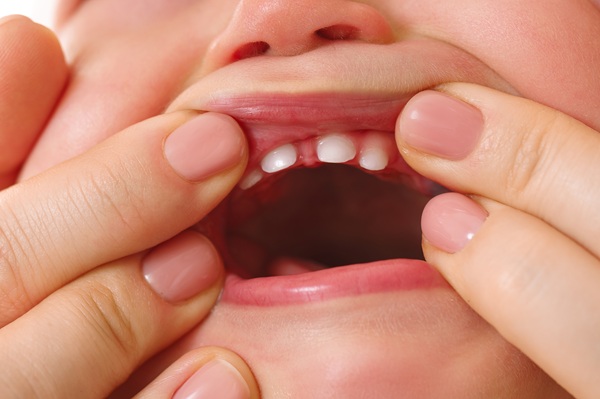Everytime you open and close your mouth, you can feel a slight shift on the top sides of your cheeks — that’s your jaw working wonders to make sure that you are able to move your mouth freely.
The joint responsible for that movement is called the temporomandibular joint (TMJ), a joint that acts as a slide to connect your skull with your jaw. Hence, the fluid motion of your mouth with the rest of your face — pretty handy right?
Unfortunately, like most joints, the TMJ is prone to wear and tear that makes it lose its friction, the overall capability of a joint to connect two other fixtures in your body. When a TMJ is damaged, it usually means a decreased quality of life for the individual: discomfort, pain in eating and/or even pain while talking.
When TMJ disorders happen, there is usually one quick solution — getting a dental splint!
What Are Dental Splints?
Dental splints — also known as bite guards, serve a purpose quite true to its other name: acting as a guard to protect your teeth and prevent any friction.
Having these splints effectively reduces the strain on the TMJ and nearby muscles and, depending on your need for it, there are different kinds to cater to all dental situations.
Stabilisation Splints
Stabilisation splints, also known as bite guards, cover all the upper or lower teeth. They help to distribute the forces evenly across the jaw, reducing muscle tension and preventing teeth grinding.
Repositioning Splints
Repositioning splints are usually for some of the more advanced cases.
Like teeth braces, these splints slowly help move your jaw into a position that is more natural and less prone to wear and tear. These splints are typically used for short-term treatment and can help alleviate pain and improve jaw function.
Soft Splints
Soft splints are designed to not constrict but be flexible with your movements!
Used for mild cases of TMJ disorders, they provide a cushioning effect that still helps lessen tension while being more comfortable for some patients.
How Dental Splints Prevent TMJ Disorders
Dental splints can be highly effective in preventing and managing TMJ disorders. Here’s how they work:
Reducing Muscle Tension
Dental splints relieve muscle tension — what may have caused the TMJ in the first place!
By putting a barrier between the top and bottom teeth, splints stop them from touching directly and reduce pressure on the TMJ.
Preventing Teeth Grinding
Teeth grinding is one of the most common causes of TMJ Disorders.
In this regard, dental splints protect your teeth by absorbing the pressure from grinding. This stops the teeth from wearing down and reduces stress on the TMJ.
Correcting Jaw Alignment
Repositioning splints can help correct jaw alignment issues that contribute to TMJ disorders. By guiding the jaw into a more optimal position, these splints can alleviate stress on the TMJ and improve overall function.
What to Expect from Dental Splint Treatment
If you suspect you have a TMJ disorder, the first step is to consult with a dentist or TMJ specialist. Here’s what you can expect from the treatment process:
Diagnosis and Assessment
Your dentist will do a complete check-up to find out if you have a TMJ disorder — this is the time to be completely honest and tell them if you feel anything wrong.
They might look at how your jaw moves, see how your teeth fit together, and take X-rays or other pictures.
Customisation of the Splint
If you’ve ever gotten braces, then this process would be familiar for you!
After finding out you have TMJ disorder, your dentist will make moulds of your teeth to create a custom dental splint. This makes sure it fits perfectly and works well. The splint will be made to match the type of TMJ disorder you have and your specific needs.
Wearing the Splint
You will be instructed on how and when to wear the splint. Most patients wear their splints at night, but some may need to wear them during the day as well.
Follow-Up Appointments
Regular follow-up appointments are crucial to monitor your progress and make any necessary adjustments to the splint. Your dentist will check for improvements in your symptoms and ensure the splint remains effective.
Whenever you’re feeling discomfort or pain in your jaw area or feel a prolonged locking sensation any time you open or close your mouth, the best practice would be to go to your chosen dentist as soon as possible!
Though it doesn’t seem like a serious injury, TMJ disorders are one of the many disorders that immediately affects your life, since we use our mouth everyday in talking, eating and going through our daily activities — one wrong move can easily shut it all down.
When it doubt, get yourself checked immediately as a dental splint may be the only way to prevent anything serious
Give Your Teeth the Best Care Possible With Us!
If you want to make sure that your oral health is taken care of, Bellevue Hill Dental can provide a smooth journey to ensure you get a healthier and brighter smile!
Talk to our professionals for expert advice about braces and other dental services you might need. Book a consultation now or call our line at (02) 9389 4748.



